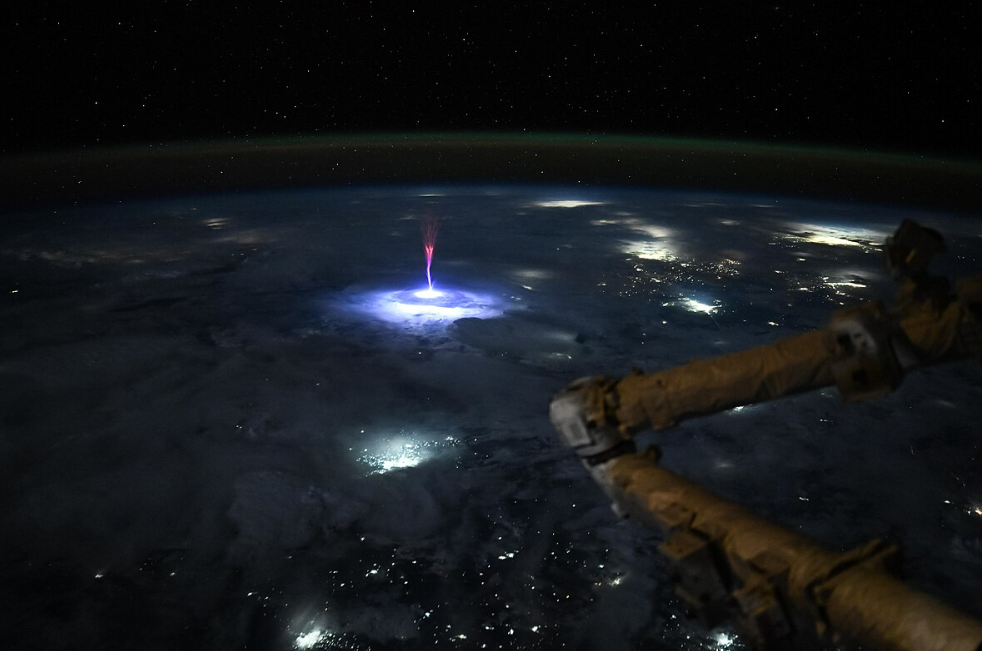
Something I’ve noticed quite often with people looking or inquiring into Deism for the first time is a common belief that there’s something incomplete with Deism. I can understand this mental heuristic at first glance because Deism does not offer the same type of evidence as major world religions do. We do not comment on various unknowable claims and this really is our strength and not our weakness, and it’s important to understand why so.
There are many views or thoughts that I or any rational Deist may think are unknowable. To define this specifically, I mean propositions that are logically possible but not necessarily true. If something isn’t logically possible or violates the laws of logic, it is necessarily false. However, not all logically coherent propositions are true. Their truth value is based upon whether or not what they reference is true.
For example, a purple person is not a logically contradictory concept. It is not impossible for me or anyone else to observe a purple person. If I were to make a claim that “I saw a purple person today”, the truth or false value of the claim would depend on if I really did see a person matching the description. The reason I want to make this clear is because it’s important to only draw the conclusion that’s justified and nothing more.
We can currently neither prove nor disprove the existence of purple people (or of a purple person). As far as I am aware, there has not been a single observed case of a purple person which is the sufficient criteria to proving the proposition. However, we also have not disproved the existence of purple people. There may actually exist a purple person whom we have not yet observed (perhaps on a different planet) or there is the possibility that a purple person may exist in the future under satisfactory conditions. What we can prudently say is that there lacks sufficient current evidence to claim that purple people exist.
The same principle applies for various philosophical claims that are simply unprovable. Some examples are the purpose (will) of God when making the universe, the name of God, whether God intervenes in the universe and so on. Rational philosophers will not make claims greater than what they can prove, and Deists should not either. What I will say to inquirers is that you should not see Deistic hesitancy to answer such questions as a sign of an incomplete belief system, but rather a sign of a systematic, cautious one.
There are fewer things humbler than recognizing we are finite beings and do not have the ability to know everything. When constructing our worldview, we must carefully distinguish between what is or can be proven, and what cannot be. The former can be the subject of rigorous deductive thought while the latter cannot escape the speculative realm. Knowing this shines the Deist case for God in a new light, because it strictly relies on God being logically necessary for the existence of the universe to avoid being a speculative argument.
